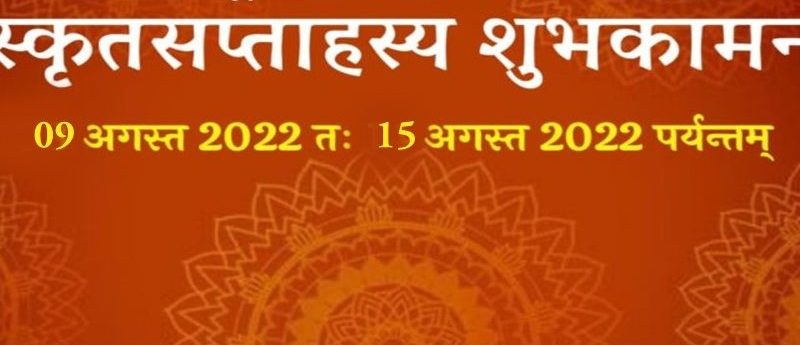
Sanskrit….The Language of Indian Sanskriti `वसुधैव-कुटुम्बकम्`
Centre of Excellence for Indian Knowledge Systems (CoE-IKS) of IIT Kharagpur celebrated the 'Sanskrit Week' सुखार्थिनः कुतो विद्या नास्ति विद्यार्थिनः सुखम्। सुखार्थी वा त्यजेद्विद्यां विद्यार्थी वा त्यजेत्सुखम्॥ There is no knowledge for the seekers of comfort, and no comfort for the seekers of knowledge. A seeker of comfort should give up knowledge, and a seeker of knowledge should give up comfort. Swami Vivekananda said, "Because the very sound of Sanskrit words gives a prestige and a power and a strength to the race." Centre of Excellence for Indian Knowledge Systems (CoE-IKS) of IIT Kharagpur celebrated Sanskrit Week…

